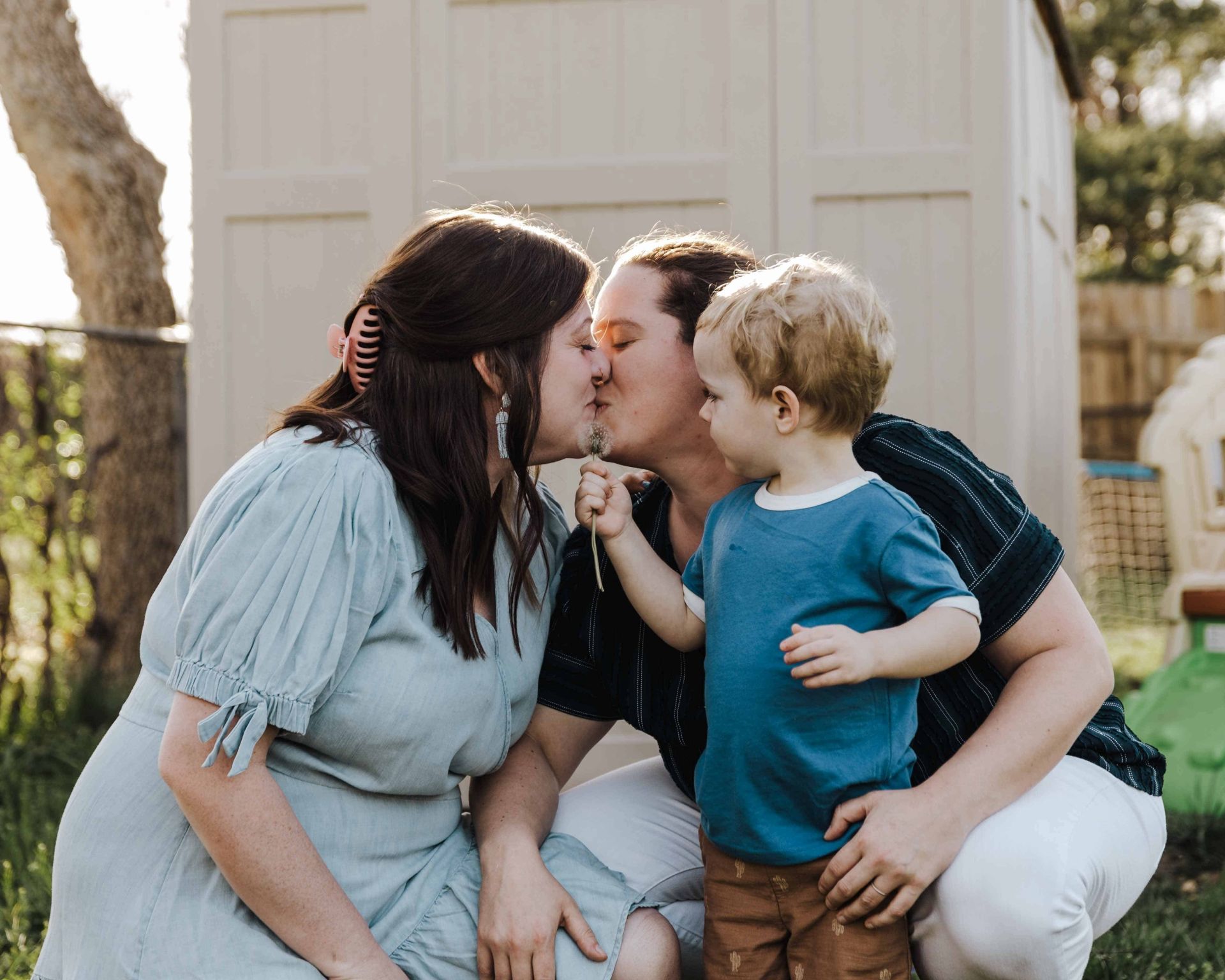Significant strides have marked the journey to parenthood for LGBTQIA2S+ individuals in Alberta in recent years. As societal attitudes evolve and legal frameworks expand, the province has taken steps to ensure that same-sex couples and individuals have equitable access to fertility treatments and legal protections. This article will delve into the current state of fertility law in Alberta, focusing on its implications for the LGBTQIA2S+ community.
Understanding the Legal Framework
Alberta’s fertility laws are primarily governed by the Assisted Human Reproduction Act (AHRA), a federal legislation that establishes the legal framework for assisted reproductive technologies (ARTs) in Canada, including in vitro fertilization (IVF), intracytoplasmic sperm injection (ICSI), and surrogacy. While the AHRA provides a general foundation, provincial laws may also address specific aspects of fertility treatment.
Key Considerations for LGBTQIA2S+ Individuals
For LGBTQIA2S+ individuals seeking to build families in Alberta, several key considerations arise within the legal framework:
Same-Sex Couples and Adoption:
Both same-sex couples and single individuals can adopt children in Alberta. The adoption process involves a thorough assessment to ensure the prospective parents are suitable to provide a loving and nurturing environment for a child. Once a child is adopted, both parents are considered legal parents, regardless of their biological relationship.
Assisted Reproductive Technologies (ARTs):
LGBTQIA2S+ individuals have equal access to ARTs, including IVF and ICSI. These treatments can be pursued through private fertility clinics or public healthcare programs. The legal parentage of a child born through ARTs can be complex, depending on factors such as the source of the sperm or egg, whether a surrogate was involved, and the intentions of the parties involved.
Surrogacy:
While commercial surrogacy is not legal in Canada, altruistic surrogacy (where the surrogate receives no financial compensation) is permitted. LGBTQIA2S+ couples can engage in altruistic surrogacy arrangements, but careful legal planning is essential to establish parentage and protect the rights of all parties involved.
Donor-Conceived Children:
The AHRA requires that individuals born through donor-conceived procedures have access to information about their genetic donor, including their identity, if the donor has consented. The law allows contact between donor-conceived individuals and their genetic donors under certain circumstances, provided both parties have consented.
Pre-Implantation Genetic Diagnosis (PGD):
LGBTQIA2S+ individuals can access PGD to screen embryos for genetic conditions before implantation. However, the use of PGD is subject to certain restrictions and ethical considerations.
Challenges and Future Directions
Despite the progress made in recent years, LGBTQIA2S+ individuals in Alberta still face some challenges in accessing fertility treatments and legal protections. These challenges may include:
- Cost: Fertility treatments can be expensive, and not all individuals or couples may have the financial resources to pursue them.
- Limited Access to Rural Areas: Access to fertility services may be limited in rural areas of Alberta, requiring individuals to travel to larger cities for treatment.
- Navigating Legal Complexities: The legal landscape surrounding fertility can be complex, and it is important for LGBTQIA2S+ individuals to seek legal advice to ensure their rights are protected.
To address these challenges and ensure that LGBTQIA2S+ individuals in Alberta have equitable access to fertility services, several initiatives can be considered:
- Increased Funding for Fertility Treatments: Government funding can be allocated to subsidize the cost of fertility treatments for individuals and couples who may be unable to afford them.
- Expansion of Fertility Services: Telemedicine or mobile clinics can expand access to fertility services in rural areas.
- Legal Reform: The law can be further clarified and updated to address specific issues related to LGBTQIA2S+ families and fertility, such as the rights of non-biological parents and the use of assisted reproductive technologies in surrogacy arrangements.
- Public Awareness Campaigns: Public awareness campaigns can help educate the public about LGBTQIA2S+ families and the challenges they face in building their families.
Beyond the Legal Framework
While the legal framework provides a foundation for LGBTQIA2S+ individuals seeking to build families in Alberta, it is essential to consider additional factors that may influence their experiences. These may include:
- Societal Attitudes: LGBTQIA2S+ individuals may face societal stigma or discrimination, which can impact their experiences with fertility treatments and family building.
- Emotional and Psychological Well-being: The process of building a family can be emotionally and psychologically demanding, and LGBTQIA2S+ individuals may require additional support to navigate these challenges.
- Support Networks: A strong support network, including friends, family, and community groups, can be invaluable in providing emotional support and practical assistance.
As societal attitudes continue to evolve and legal frameworks are refined, it is expected that the rights and protections available to LGBTQIA2S+ individuals in Alberta will continue to expand.
Conclusion
Fertility law in Alberta has made significant strides in recent years, providing LGBTQIA2S+ individuals with greater access to fertility treatments and legal protections. While challenges remain, the future looks promising for LGBTQIA2S+ families seeking to build their families through assisted reproductive technologies. By understanding the legal framework and seeking appropriate legal advice, LGBTQIA2S+ individuals in Alberta can navigate the complexities of fertility law and build their desired families.
Calgary Fertility and Reproductive Lawyers Providing Legal Representation and Contract Drafting
Ready to take the next step in your family-building journey? Mincher Koeman, Calgary’s trusted family law firm, is here to guide you through the intricacies of fertility law in Alberta. Our experienced family lawyers can provide personalized legal advice, support, and representation to ensure your rights are protected. Call us at 403-910-3000 or visit us online today.







